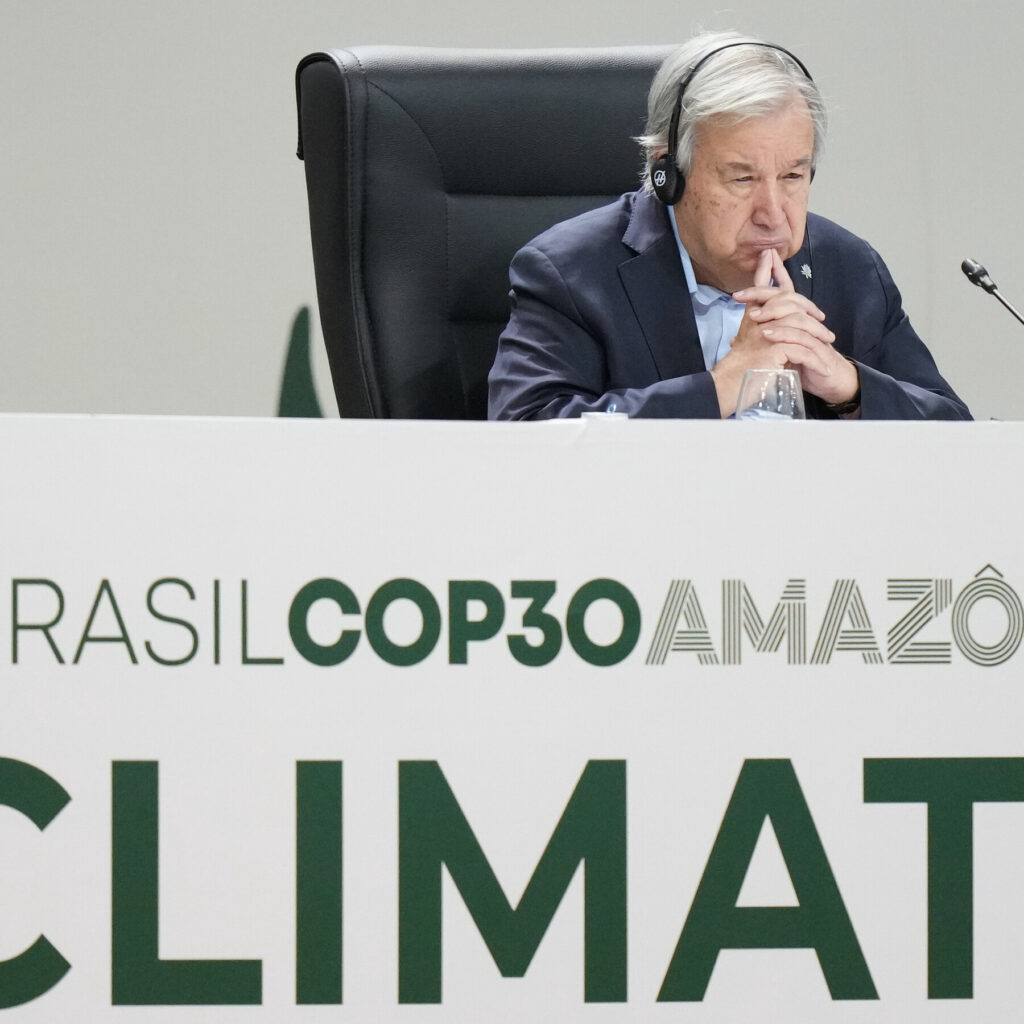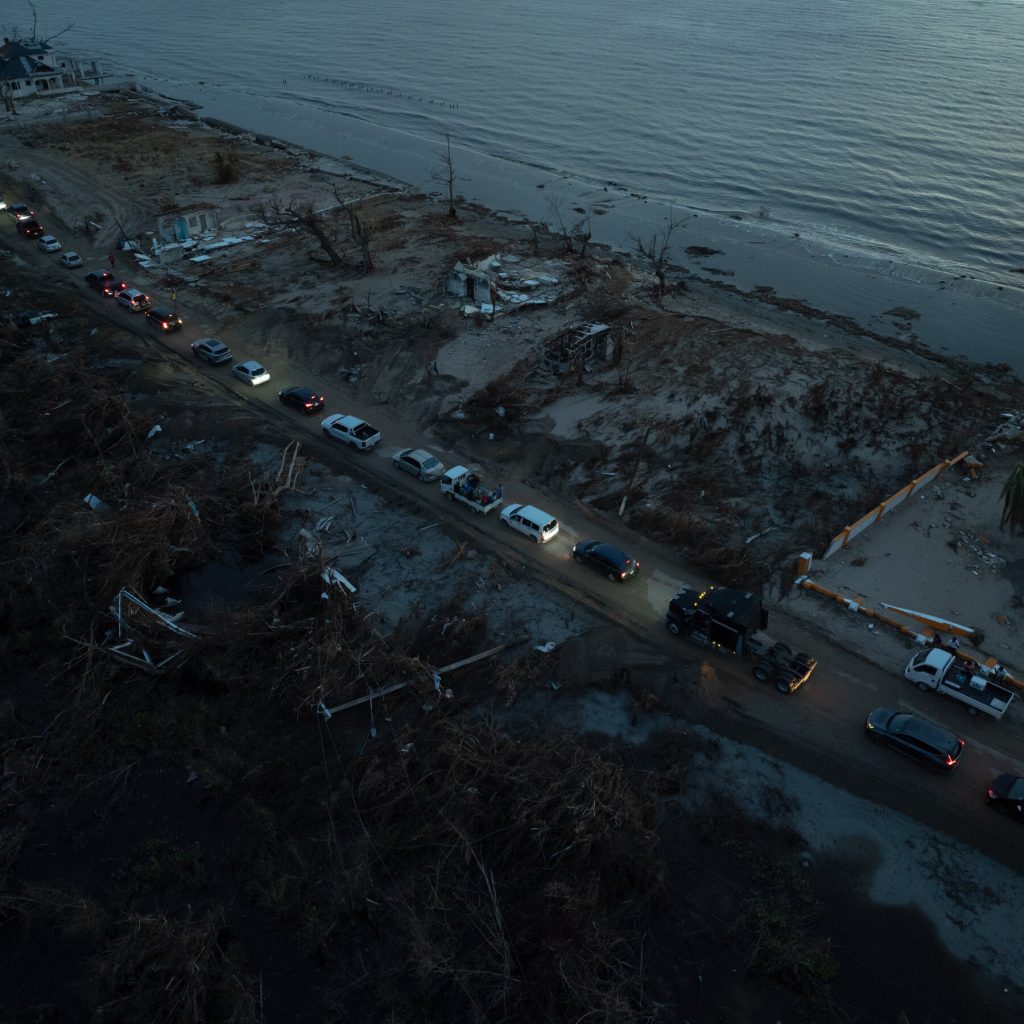Headline:

Climate Diplomacy and Hardball Tactics
As the world’s most important climate summit convenes this year in Brazil, a closer look behind the scenes reveals the distinctive, sometimes confrontational style the Trump administration brings to international negotiations. The gathering, which gathers heads of state, ministers, and climate experts from across the globe, serves as a critical forum for charting collective action against the escalating climate crisis. Yet, while the public agenda focuses on emissions cuts, renewable‑energy investments, and financing for vulnerable nations, the United States’ diplomatic team often employs a hard‑ball approach that is kept out of the spotlight.
Observers note that the Trump administration’s tactics—characterized by aggressive bargaining, strategic ambiguity, and a willingness to walk away from talks—are designed to extract short‑term concessions and protect domestic political interests. These methods can catch other delegations off guard, forcing them to either concede on key points or risk stalling the entire process. Proponents argue that such a posture can yield tangible benefits for American industry and voters, especially in sectors like fossil fuels that remain politically powerful.
Critics, however, warn that this confrontational style may undermine the collaborative spirit essential for tackling climate change, a problem that transcends borders and demands long‑term cooperation. Environmental NGOs and several allied governments have expressed concern that an overly adversarial stance could slow progress on vital agreements, such as setting more ambitious nationally determined contributions (NDCs) or establishing robust mechanisms for climate finance.
The summit in Brazil thus becomes a litmus test for how the United States balances its hard‑nosed diplomatic playbook with the urgent need for global consensus. As negotiations unfold, the world watches to see whether the Trump administration will adapt its tactics to the collaborative demands of climate diplomacy—or whether its behind‑closed‑doors strategy will continue to shape the agenda in ways that favor short‑term gains over the long‑term health of the planet.




